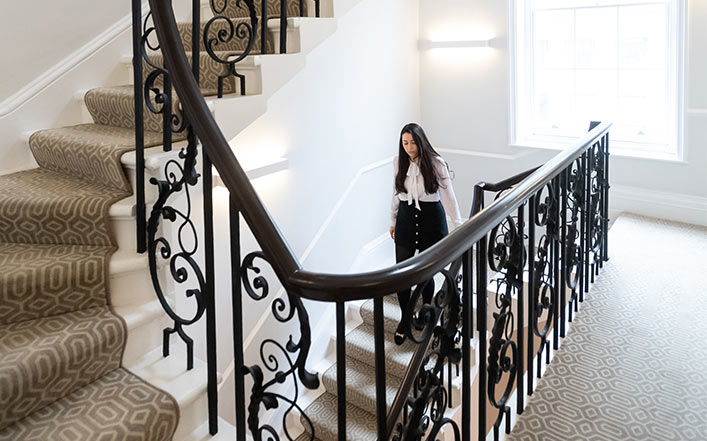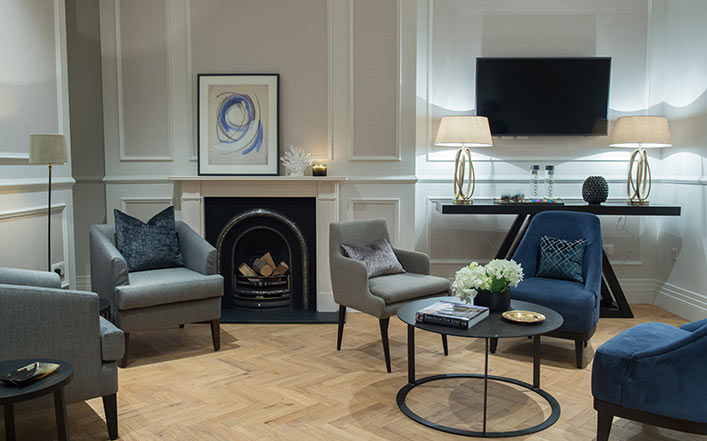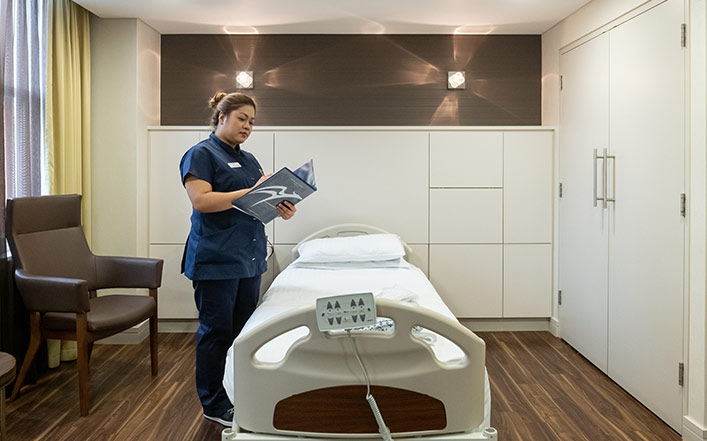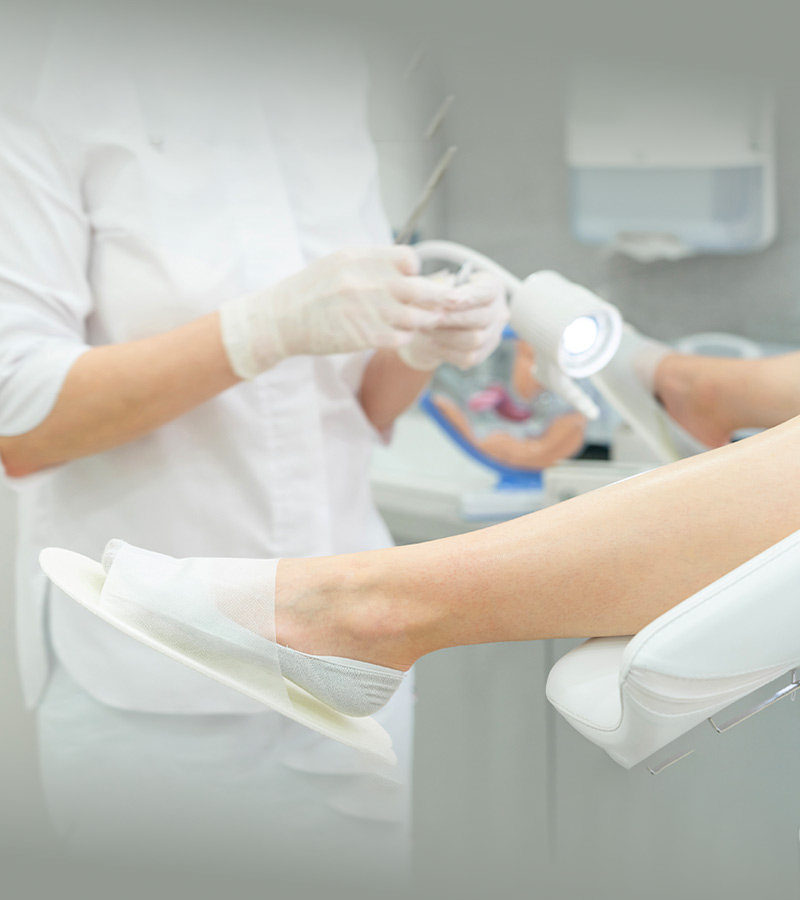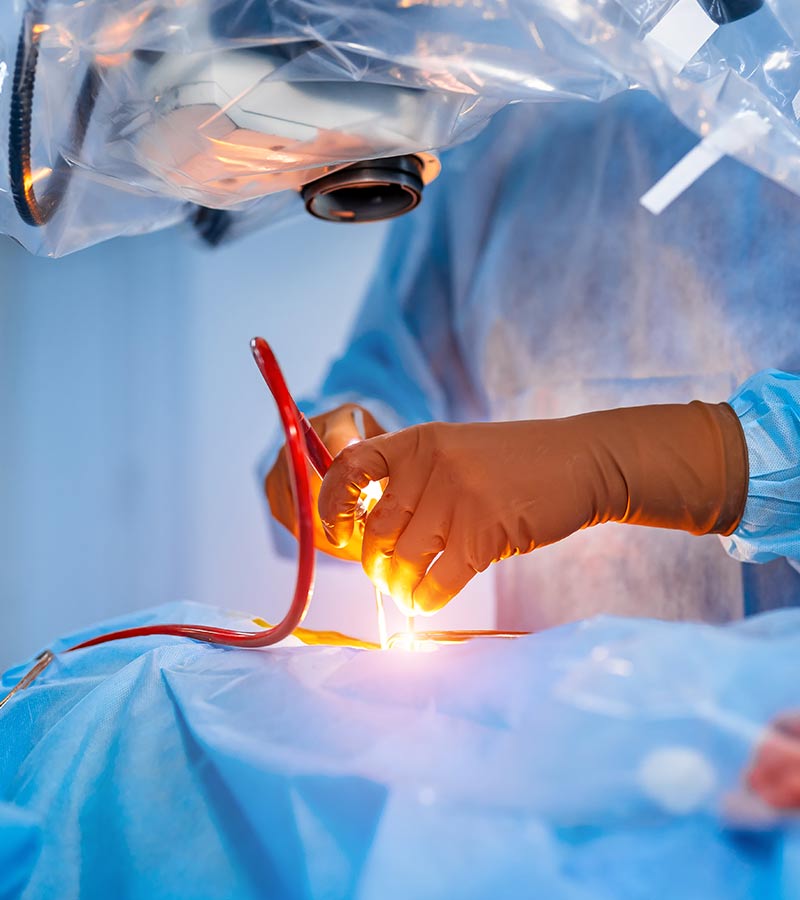Terms for Labiaplasty
Mr Morris offers a free zoom consultation. If you want to proceed with a formal consultation, a refundable deposit of £250 will be taken. If you proceed with surgery this will be taken off the final invoice.
Labiaplasty has become a very popular procedure in the last 15 years, and is now not carried out for cosmetic reasons, but for medical reasons, painful large labia, which trap with clothing and cause constant irritation. Some of my patients are concerned about having large, painful, pigmented and uncomfortable labia. This can in turn not only affect their sex life but interfere with exercise.
Labiaplasty can also be performed for psychological reasons, but only after a psychological review.
We now know from the many studies, which have been performed that that labia vary enormously in size, but it is possibly that your own perception of your labia which is most important. When I see patients for a Consultation, I will carry out a detailed assessment of the labia, and advise you about whether you have enlarged labia and how I may be able to help. I will then go through the types of operations which I can carry out.
I have been carrying out Labial surgery for over 15 years. I carry out both reconstructive surgery and also reduction surgery. The types of operation include lateral labial trimming, flap Labiaplasty and the De-epithelization procedure.
Surgery is day care based, and each procedure will take 45 minutes to an hour.
Following surgery, it is very important you are able to rest. Labia are in the busiest part of the body and it is important you are able to lie down for a week following the procedure. I prescribe topical antibiotics to help with healing. I would then see you at 2 weeks after surgery to remove the stitches.
Labiaplasty is a day case procedure and I carry out Labiaplasty in London, Birmingham and Manchester.
- Labiaplasty is a popular procedure used to make the labia smaller.
- The majority of procedures are performed to reduce labial discomfort and pain.
- Labiaplasty is a day case procedure.
- It is important to rest for 4 days following this procedure.
A labial reduction (or labiaplasty) is a gynaecological day case surgical procedure which will reduce the size and will reshape the labia.
Labial reduction surgery can be performed either under general anaesthetic or local anaesthetic with sedation. I normally perform the procedure using TIVA anaesthesia.
I use fine Vicryl sutures, which are designed to loosen and fall out by day 10.
After the procedure, the local anaesthetic used may wear off, and you can experience some pain and swelling. I advise patients to take paracetamol to stop the pain, and to avoid anti-inflammatory medication, which can increase bruising and swelling.
I advise patients to lie down for 4 days and to use ice packs to stop pain and swelling.
Most women will make an excellent recovery, but some women will develop a small haematoma in the wound or occasionally an infection. Sometimes a scar can develop, which settles over the next few months. I will discuss the benefits and risks of surgery with you at the consultation, and provide you with an information sheet.
I follow up patients at both 2 weeks and 1 month.
- Labiaplasty is a popular procedure used to make the labia smaller.
- The majority of procedures are performed to reduce labial discomfort and pain.
- Labiaplasty is a day case procedure.
- It is important to rest for 4 days following this procedure.
A labial reduction (or labiaplasty) is a gynaecological day case surgical procedure which will reduce the size and will reshape the labia.
Labial reduction surgery can be performed either under general anaesthetic or local anaesthetic with sedation. I normally perform the procedure using TIVA anaesthesia.
I use fine Vicryl sutures, which are designed to loosen and fall out by day 10.
After the procedure, the local anaesthetic used may wear off, and you can experience some pain and swelling. I advise patients to take paracetamol to stop the pain, and to avoid anti-inflammatory medication, which can increase bruising and swelling.
I advise patients to lie down for 4 days and to use ice packs to stop pain and swelling.
Most women will make an excellent recovery, but some women will develop a small haematoma in the wound or occasionally an infection. Sometimes a scar can develop, which settles over the next few months. I will discuss the benefits and risks of surgery with you at the consultation, and provide you with an information sheet.
I follow up patients at both 2 weeks and 1 month.



